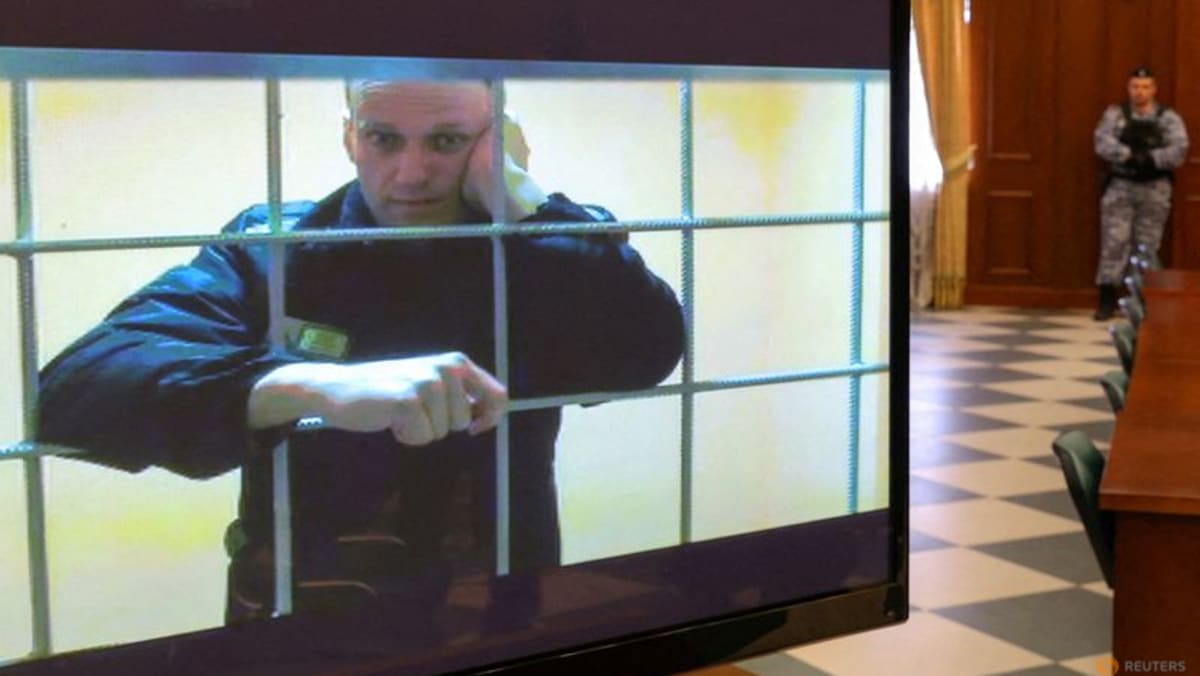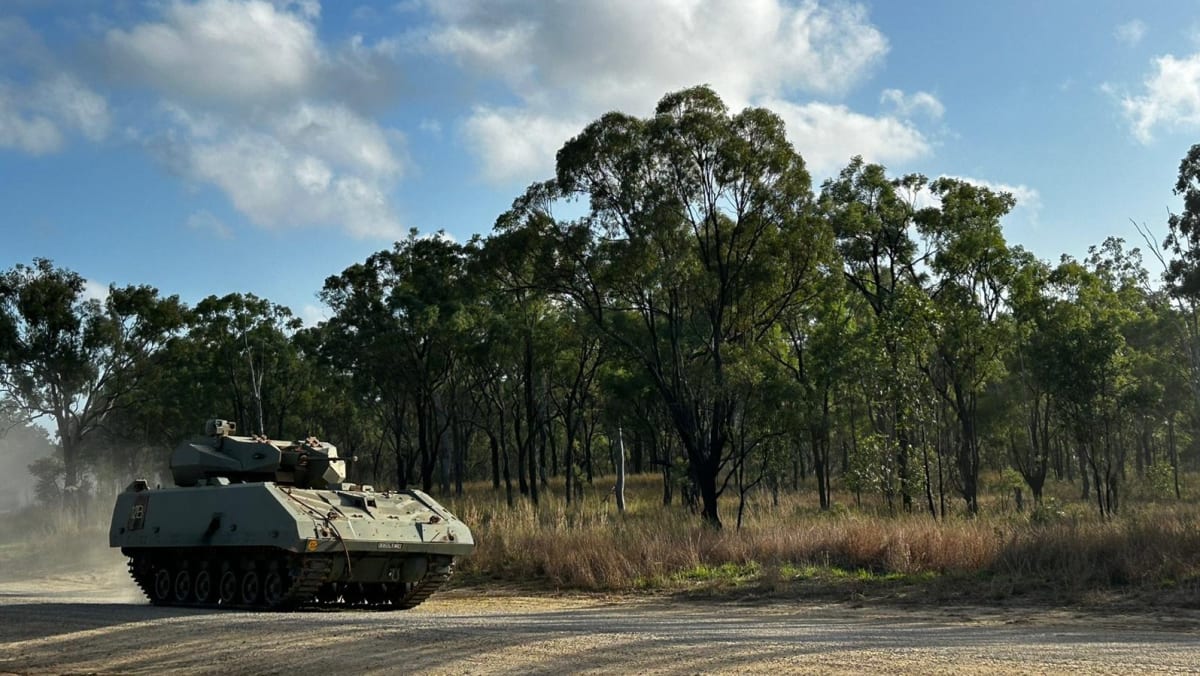SINGAPORE: Former Transport Minister S Iswaran pleaded guilty to a set of amended charges on Tuesday (Sept 24), the first day of what was previously expected to be a long trial lasting many months.
The 62-year-old pleaded guilty to five charges, after saying for months he would be contesting the case to clear his name.
In a statement after court proceedings had ended for the day, the Attorney General’s Chambers (AGC) said that after considering all the facts and evidence, it agreed to amend the Prevention of Corruption Act (PCA) charges originally laid against Iswaran.
It did so after considering the litigation risks involved in proving them beyond a reasonable doubt at trial, “given that there are two primary parties to the transactions, and both would have an interest in denying corruption in the transactions”.
AGC also considered whether the amendment would lead to a fair and just outcome that is in line with the public interest.
Of the original charges, two were under the PCA, before the prosecution replaced them with charges under Section 165 of the Penal Code — which forbids all public servants from obtaining any valuable thing from someone involved with them in an official capacity.
Iswaran pleaded guilty to two other charges also under this Section; as well as one charge of obstruction of justice. He also admitted to another 30 charges under Section 165 of the Penal Code, which will be taken into consideration for sentencing.
What were his original charges?
The former transport minister initially faced two charges in January under Section 6(a) read with Section 7 of the Prevention of Corruption Act (PCA), in addition to 24 charges under Section 165 of the Penal Code and one of obstructing the course of justice.
The PCA is Singapore’s primary anti-corruption legislation, which is complemented by other laws that deal with related forms of misconduct – including the Penal Code.
The first two original charges under the Act had stated that Iswaran “corruptly” obtained these gifts from property tycoon Ong Beng Seng, and did so in exchange for advancing the latter’s business interests between Singapore Grand Prix and the Singapore Tourism Board (STB).
Mr Ong was the majority shareholder of Singapore GP at the time.
According to the two charges, he allegedly obtained gratification in the form of Singapore GP tickets worth S$145,434 from Mr Ong.
He was further accused of taking a flight on Mr Ong’s private plane from Singapore to Doha worth S$10,410.40.
He also allegedly received one night’s stay in the Four Seasons Doha, worth S$4,737.63, and a business class flight from Doha to Singapore worth S$5,700, in December 2022. Both were through Mr Ong’s company, Singapore GP.
These were supposedly to advance Mr Ong’s business interests in the agreement as well as a proposal for a contract with STB.
What were the amended charges?
At the start of what was meant to be Iswaran’s trial at 10am on Tuesday, Deputy Attorney-General Tai Wei Shyong said the prosecution would amend the charges and replace the two corruption charges with two charges under Section 165 of the Penal Code.
In the first amended charge under Section 165, Iswaran was charged with obtaining from Mr Ong, “for no consideration”, 10 Green Room tickets (worth S$48,150), eight Twenty3 tickets (worth S$56,068) and 32 general admission tickets (worth S$41,216) for the 2022 Singapore F1 Grand Prix in September 2022.
In the second amended charge under Section 165, Iswaran was charged with obtaining from Mr Ong, again “for no consideration”, a private jet flight to Qatar (worth about S$10,410), a night’s stay in Four Seasons Doha (worth about S$4,737), and a business class flight from Doha to Singapore (worth about S$5,700) in December 2022.
The amended charges also state that Iswaran knew that Mr Ong, through Singapore GP, was concerned with the performance of the facilitation agreement between Singapore GP and the Singapore Tourism Board (STB) for the Singapore F1 Grand Prix 2022 to 2028, and this was connected with Iswaran’s official functions as minister and chairman of the F1 Steering Committee.
What’s the difference?
In 2022, Law and Home Affairs Minister K Shanmugam said the government would review the possibility of shifting offences listed under Section 161 to 165 of the Penal Code, to under the PCA instead.
In an answer to a Parliamentary Question, Mr Shanmugam also said that compared with offences in the PCA, Sections 161 to 165 are more targeted in scope toward tackling the various forms of bribery of, and the taking of bribes by, public servants.
As such, “there is utility in retaining these Penal Code offences, which, together with the PCA and other related laws, provide a comprehensive set of legislative levers for corruption control”, he said.
Why did the prosecution ask for this?
The prosecution has “unfettered discretion” to amend or proceed with whatever charges it deems fit, and they do this guided by what public interest or public good requires, said Mr Cory Wong, director at Invictus Law Corporation.
The prosecution would also have to consider any issues with evidence and the judicious use of state resources in pursuing any prosecution, he added.
“It may well have been that there were certain changes to the state of the evidence or the witnesses, or that the latest re-evaluation by the prosecution of the resources to be expended had now fallen in favour of revising the plead guilty offer,” said Mr Wong.














